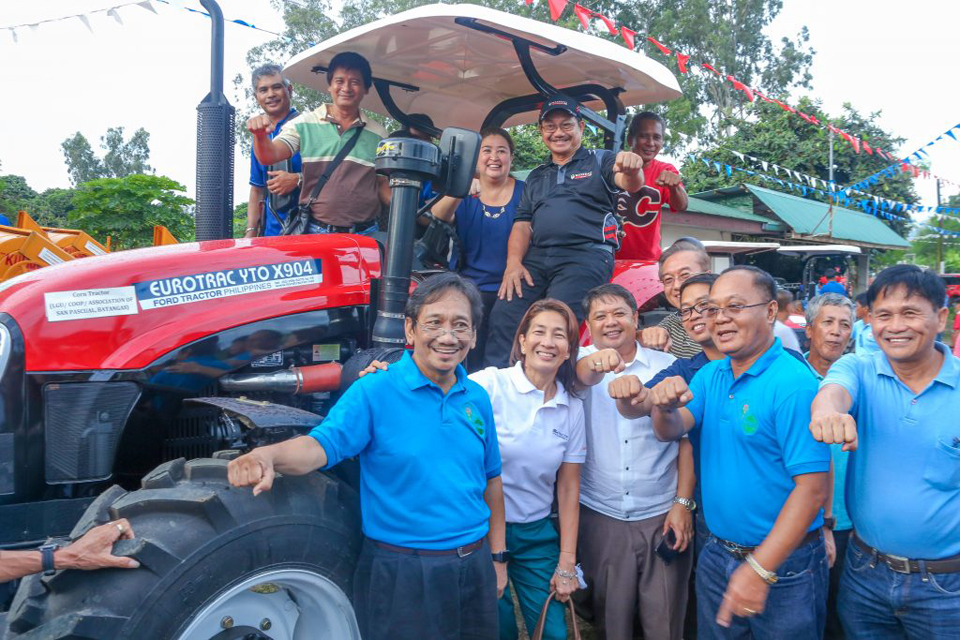
According to the Food and Agriculture Organization (FAO), mechanization is a crucial input for agricultural crop production. FAO underscores that “mechanization contributes significantly to the development of value chains rendering postharvest, processing and marketing techniques efficiently and effectively. “
In the local scene, farm systems have evolved throughout the years to keep pace with the global food evolution.
Anchored on the commitment of President Rodrigo Roa Duterte to provide accessible and affordable food to all Filipinos, the Department of Agriculture (DA) has launched campaigns and carried out action plans towards the attainment of the national agenda for food production.
Among them is mechanization.
Thru the years, the Philippine government, and its concerned agencies, continues to focus on building more sustainable and efficient food production strategies, and enable a mechanized rural sector.
The initiative aims to make farmers more competitive and ensure a more productive farm sector.
To date, with an improved mechanization program under the leadership of Secretary Emmanuel F. Piñol, the national average yield for rice per hectare rose from 3.9 metric tons (MT) to 4.28 MT/harvest. This translates to an increase of about 5.12 million MT of national harvest.
This week, Agriculture Secretary Manny Piñol opens the 2017 MAKINA EXPO in Iloilo to enhance awareness and provide a direct access to a variety of agricultural mechanization technologies available.
Guided by this year’s theme “Aangat ang pagsasaka sa paggamit ng tamang makinarya”, the expo will also feature exhibit and demonstrations of the latest farm innovations from local and international manufacturers.
With 2,500 – 3,000 expected participants, the MAKINA EXPO 2017 will also showcase a derby among selected machine types under different brands to allow end-users to compare performance, endurance and cost-benefit, among others.
“To allay fears of displacement, DA, thru its Farm Service Providers programs, has been training farmers to be operators of the equipment,” Piñol said.
“Under this initiative, farmers may be hired to operate the equipment from land preparation to harvest to post-harvest,” he added.
As such, a strengthened partnership and cooperation between the farmers and the government continue, ensuring a sufficient and sustainable food production sector. ### (oda rodriguez/DA-AFID)













